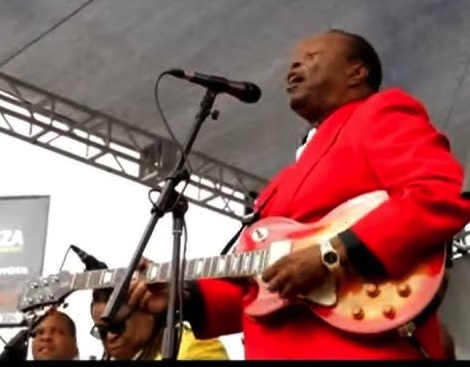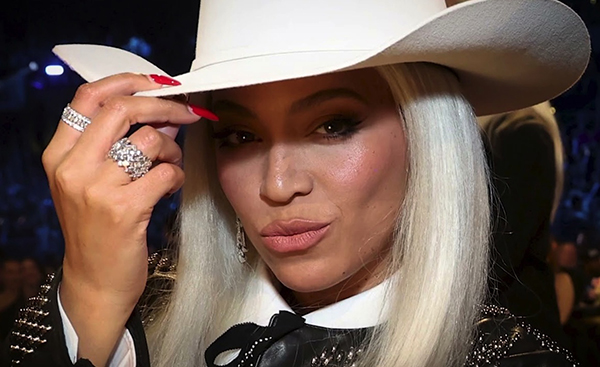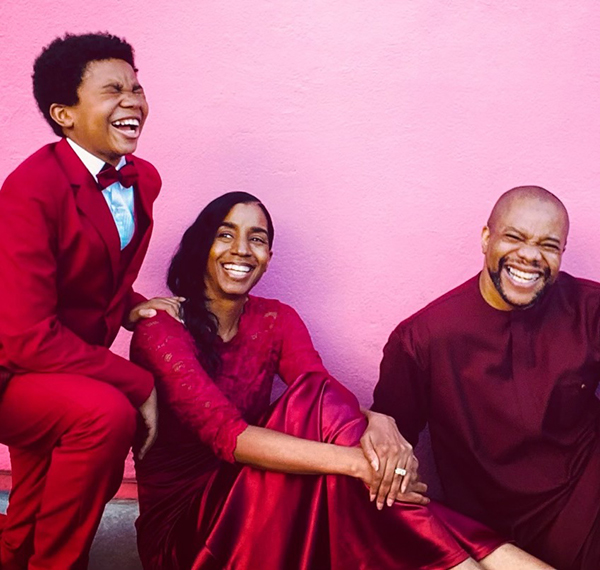By Shirley Hawkins
Contributing Writer
LOS ANGELES — June celebrates Black Music Month and one of the most iconic R&B groups from Los Angeles is the Watts 103rd Street Rhythm Band, whose history dates back to the 1960s.
“I wrote most of the songs for Watts,” said musician and songwriter Charles Wright, founder of the group who still lives in Los Angeles. “Our first million dollar record was ‘Do Your Thing.’” recalls the musician,
Now 83, Wright, who was inspired by James Brown and Otis Redding, is still making music and has just released a new blues single titled “Your Hand” on his record label, A Million $ Worth of Memories Records. Wright said the song is being well-received by the public.
“It’s all over social media and you can see it on YouTube and hear it on Spotify,” he said. “It is the first single from my album called ‘Doing It on the Flo’ that will be released around August.”
Asked why he decided to release a blues record, he responded, “Blues has been taken away (from us) and I’m trying to retain what African Americans brought here to these shores. When the blues leaves completely, I think the world is going to be in a whole lot of chaos.
“I got a thousand more songs in me,” said the prolific songwriter, who estimates that he has written about 700 to 800 songs. “As long as I can, I’m going to continue to make music because I love music and I love people.”
Wright formed the Watts 103rd Street Rhythm Band in 1963 and his gravelly voice tinged with southern flavor along with the band’s funky sound immediately captured the ears of listeners.
The band had nine singles reach Billboard’s pop and/or rhythm and blues charts, such as “Do Your Thing,” “‘Till You Get Enough”, “Spreading Honey”, “Your Love” and “Love Land.”
Their biggest hit was on Warner Bros. Records in 1970, “Express Yourself,” which became their signature song. The single was nominated for the Grammy Award for Best R&B Performance by a Duo or Group with Vocals in 1971, losing to the Delfonics song “Didn’t I (Blow Your Mind This Time)”.
“The band was playing at Texas A&E University,” Wright recalls. “I closed the show with ‘Do Your Thing’ and the crowd loved it and started yelling for more tunes. Out of the blue, I said, ‘express yourself!’ and the crowd just went wild.
“When I got back to my hotel room, I sat down with a pen and paper and scribbled out the song ‘Express Yourself’ in about an hour,” Wright said.
“Express Yourself’s” catchy refrain has been sampled by a score of groups and musical notables including NWA, Sean ‘Diddy” Combs, Kurtis Blow, DMX and Roger Troutman of the Zapp band, just to name a few.
“I can’t even name all the folks that have sampled that song. I just collect the money,” Wright said, chuckling and adding that “Express Yourself” has been sampled in about 30 movies and about 80 commercials.
“It is being featured in a Holiday Inn commercial as we speak,” he said.
Wright’s love for music is chronicled in his first book, “Up From Where We Come,” which tells about his impoverished childhood growing up in Clarksdale, Mississippi.
“My second book, ‘Express Yourself,’ about my journey in Hollywood will be released in August,” he said.
The son of sharecroppers, Wright was the seventh of 12 children. Wright and his family toiled for long hours in the cotton fields to survive. The work was backbreaking.
“Sharecropping was the next shade after slavery,” Wright said. “My family worked for a mean man named Edward Miles. He kept us in poverty. He owned the land. He bought the seeds and fertilizer. My father planted the seeds and tended to the fertilizer, but we could never get out of debt.”
Wright recalled that certain music was forbidden in the household.
“My father was a very religious man and used to refer to blues as the devil’s music,” Wright said. “When we were growing up, we were forbidden to listen to R&B or Rock n Roll. We were only allowed to listen to gospel and country and western music.
“When I was 8 years old my father told me that I would have to pick at least 100 pounds of cotton a day. I had already made up my mind that I was going to escape to Chicago or Kansas City.”
Luckily, his family moved to California when Wright was 12. He attended Manual Arts High School in Los Angeles where his love for music really blossomed.
Wright was determined to forge a career in the music industry. His early influence was singer Jesse Belvin.
“He had the most beautiful voice I had ever heard,” Wright said. “He was listed in the phone book and one day I called him up and told him, ‘I want to sound just like you.’ Then he gave me the best advice I ever heard. He said ‘Get your own style.’
“Belvin took me under his wing and he introduced me to Hollywood. He put me in a group called The Shields and we recorded a song called ‘You Cheated.’
The union was shattered when Belvin died in a car crash at the age of 27.
“I taught myself the guitar and became a studio musician,” Wright said. “I had formed a group called the Twilighters. We put out a single called ‘Eternally’ but Caddy Records, which had signed us, turned out to be cheats and we lost money.
“I was walking in the streets and it was cold as hell and there were holes in my shoes. I saw the guy Huggy Boy who owned Caddy Records driving by in a brand new pink and white Continental. That’s when I said I was not only going to be an entertainer, but a businessman, too.”
Wright and the group got their big break after meeting Bill Cosby, who was going on the road and needed a back-up band.
“He was producing a singing album and he chose us,” Wright said. “He was signed to Warner Brothers and luckily, he persuaded Warner Brothers to sign us up too.”
“We had some great times and we had a lot of fun,” said Wright, adding that the group performed at the Haunted House in Hollywood and the Guys and Dolls on Crenshaw Boulevard. “We really soared musically,” Wright said.
Wright has witnessed the music industry change over the decades.
“What they are doing now is taking the emotions out of the music,” he said. “Music is emotionless today because it is electronically generated. The emotion is the most important thing that African Americans brought to America and it’s been copied by everybody. What I’m trying to do is to maintain the legacy of African American music.”
Shirley Hawkins is a freelance reporter for Wave Newspapers. She can be reached at metropressnews@gmail.com.











